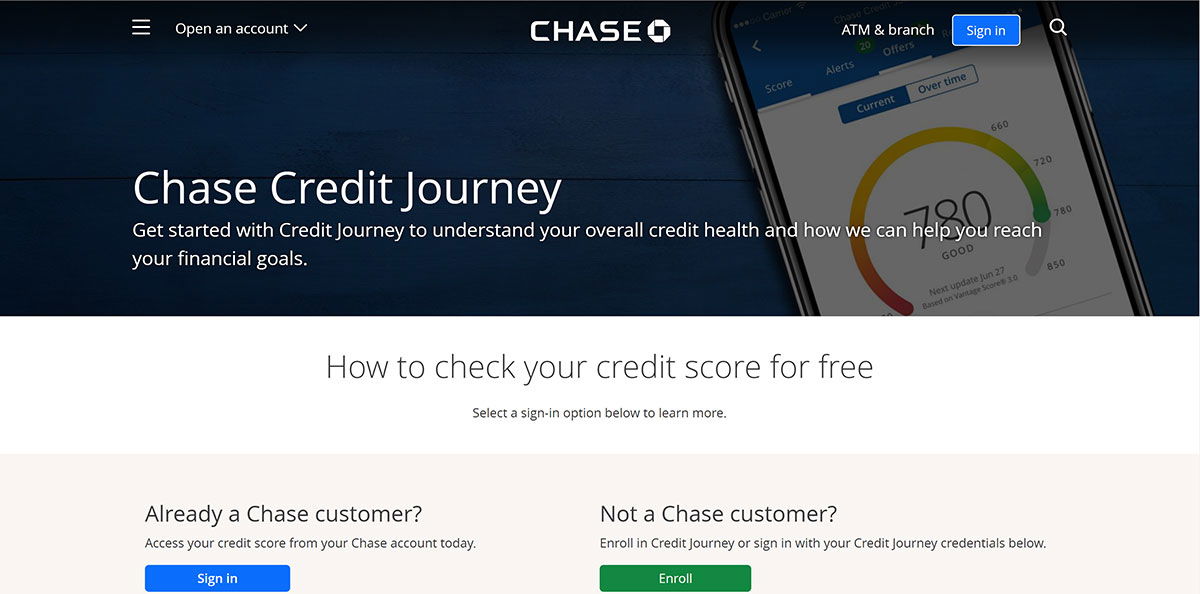Ever wondered if a perfect credit score of 850 is worth chasing? The good news is, you don’t need perfection to enjoy the best rates and terms from lenders. Instead, focusing on what influences your score and making small adjustments can save you thousands over time.

This article breaks down the highest credit score possible, why it matters, and practical tips to help you boost your score to reach your financial goals.
What is the highest credit score possible?
The highest credit score you can achieve is 850. A score this high reflects exceptional credit management, which is why only about 1.2% of consumers in the U.S. have reached it. Fortunately, you don’t need a perfect score to qualify for the best lending terms.
In comparison, the average credit score in the U.S. is 704. Here is an overview of the FICO credit score ranges:
- 300-579: Very poor
- 580-699: Fair
- 670-739: Good
- 740-799: Very good
- 800-850: Exceptional
Lenders often categorize credit scores into these ranges to assess risk. Borrowers with scores of 740-799 or 800-850 typically qualify for the same favorable rates.
Moving from a “good” score of 700 to a “very good” score of 740 could significantly lower your interest rate on a mortgage, potentially saving thousands over the loan’s lifetime. Improving your score to reach these levels can open the door to better financial opportunities.
Why Your Credit Score Matters
Your credit score is like a snapshot of how well you’ve been managing your debt. A high score signals to lenders that you’re reliable, making you more likely to qualify for the best interest rates, credit card rewards, and promotional deals.
Let’s look at an example:
Imagine two people applying for a 30-year fixed-rate mortgage of $300,000.
- Person A has a credit score of 750 and qualifies for a 5% interest rate, resulting in total interest payments of about $250,000 over the life of the loan.
- Person B has a credit score of 650 and qualifies for a 6.5% interest rate, leading to total interest payments of nearly $300,000.
That’s a difference of $50,000—just because of their credit score.
It’s not just about loans, either. Landlords may also check your credit before approving a rental application. A poor score could lead to a higher security deposit or even result in being denied housing altogether. That’s why even small improvements to your score can make a big impact.
How Your FICO Score Is Calculated
FICO scores are calculated using five key categories, each carrying a different weight in your overall score. Here’s a breakdown of these factors, along with actionable tips to improve each one:
- Payment history (35%)
Your payment history is the most significant factor in your credit score. It reflects whether you’ve paid your bills on time.- Tip: Set up autopay for recurring bills or use calendar reminders to ensure you never miss a due date.
- Amounts owed (30%)
This measures your credit utilization ratio, which is how much of your available credit you’re using compared to your credit limit. Lower utilization shows lenders you’re not overextending yourself.- Tip: Pay down high-interest debts first to quickly reduce your utilization ratio. You can also request a credit limit increase, but avoid using the extra credit.
- Length of credit history (15%)
A longer credit history helps boost your score because it gives lenders more data on your borrowing habits.- Tip: Keep your oldest accounts open, even if you don’t actively use them. This preserves the length of your credit history.
- New credit (10%)
Opening multiple credit accounts within a short time can signal financial instability and lower your score.- Tip: Avoid applying for several credit cards or loans simultaneously unless absolutely necessary.
- Credit mix (10%)
Lenders prefer to see a mix of credit types, such as credit cards, auto loans, and installment loans. This demonstrates your ability to manage various types of debt.- Tip: If possible, diversify your credit by adding a small installment loan or credit card to your portfolio, but only if it makes sense financially.
By focusing on these categories and implementing small changes, you can improve your FICO score over time and gain access to better financial opportunities.
Different Credit Scoring Models
While FICO is the most widely used credit scoring model, it’s not the only one. Another popular model is VantageScore, which also ranges from 300 to 850 but calculates scores slightly differently. For example, VantageScore places more weight on your total credit usage and recent credit behavior compared to FICO.
In addition, some lenders use specialized versions of credit scores tailored to specific types of credit, such as the FICO Auto Score for car loans or the FICO Bankcard Score for credit cards. Each scoring model has its own approach, but they all focus on similar financial habits, like timely payments and responsible credit management.
While you may not know which scoring model a lender will check, improving your overall credit health will have a positive effect across the board.
How to Improve Your Credit Scores
Hopefully, by now, you can see that there is no mystery involved in improving your credit scores. There are many practical steps you can start taking right away. Listed below are five steps you can take to start improving your credit score today.
1. Remove any negative marks from your credit report
The first thing you want to do is request a free copy of your credit report from each of the three major consumer credit bureaus. Next, you should look for any inaccurate information or derogatory marks on your credit reports.
If there are any inaccuracies, you can request to have them removed from your credit report. The best way to do this is by sending a dispute letter to each credit bureau that’s reporting it. The three credit bureaus are required by law to investigate credit disputes within 30 days.
If you have any derogatory marks on your credit reports, you can also contact your lender and request a goodwill adjustment. This means that you send your lender a letter offering to pay the debt in full in exchange for them removing the marks from your credit report.
Ready to Clean Up Your Credit Report?
Learn how credit repair professionals can assist you in disputing inaccuracies on your credit report.

2. Keep your credit utilization ratio low
As you can see from how your FICO score is calculated, your credit utilization rate plays a big role in your overall credit score. You should always aim to keep your credit utilization below 30% of your credit limit, but the lower, the better.
To keep a low credit utilization ratio, the obvious solution is to pay down your debts. However, you may also want to contact your credit card issuer and ask for a credit limit increase, but then don’t use the available credit.
3. Keep your credit cards active
If you’re trying to pay off credit card debt, you may be tempted to cancel your credit cards, so you don’t spend anything on them. But canceling old credit cards is pretty much always a mistake because it can hurt your credit scores.
The best thing you can do is keep those accounts open, and either don’t use them, or pay them off at the end of every month. This will help build your credit history and ensure that your credit utilization rate stays low.
4. Pay your bills on time every month
Paying your bills on time every month is a must if you want to maintain a good credit score. If you’re struggling to make on-time payments, you may need to evaluate your budget and see whether there is anything you need to cut out to make room for more cash flow. You can also consider setting up automatic payments, so you know you’re never late on a payment.
5. Use various accounts
This isn’t a huge factor in influencing your credit scores, but it’s a good idea to use various lending products. This will show lenders that you have experience paying off multiple different types of loans.
Benefits of a High Credit Score
Having high credit scores come with many benefits, including:
- Lower interest rates: People with higher credit scores are more likely to qualify for lower interest rates when applying for a loan or credit card. This can save them a significant amount of money in interest charges over the life of the loan or credit card.
- More financing options: With a higher credit score, you’ll have access to more lending options. Banks and lenders are more likely to approve loan and credit applications from people with higher credit scores.
- Easier to obtain credit: A high credit score increases the likelihood of being approved for credit cards and loans.
- Higher credit limits: People with higher credit scores may qualify for higher credit limits when applying for credit cards or loans.
- Better credit card rewards: Many credit cards offer rewards and bonuses based on your credit score. People with higher credit scores can take advantage of more lucrative rewards programs.
- Lower security deposits: Some creditors may require a security deposit when buying a cell phone or renting an apartment. People with higher credit scores may qualify for lower security deposits, or may not need to pay one at all.
Final Thoughts
Your credit score is a tool—not a barrier. While achieving the perfect credit score of 850 isn’t necessary, aiming for a FICO score of 740 or higher can open the door to better rates, lower costs, and more financial opportunities.
Improving your credit doesn’t have to be complicated. Focus on the basics: pay your bills on time, keep your credit utilization low, and regularly check your credit report for any inaccuracies. Each step you take brings you closer to the score that unlocks financial freedom.
Start today by pulling your credit report and identifying one area to improve. Whether it’s setting up autopay, paying down a high-interest balance, or disputing an error, small actions can lead to significant results. Take that first step toward your financial goals today.




